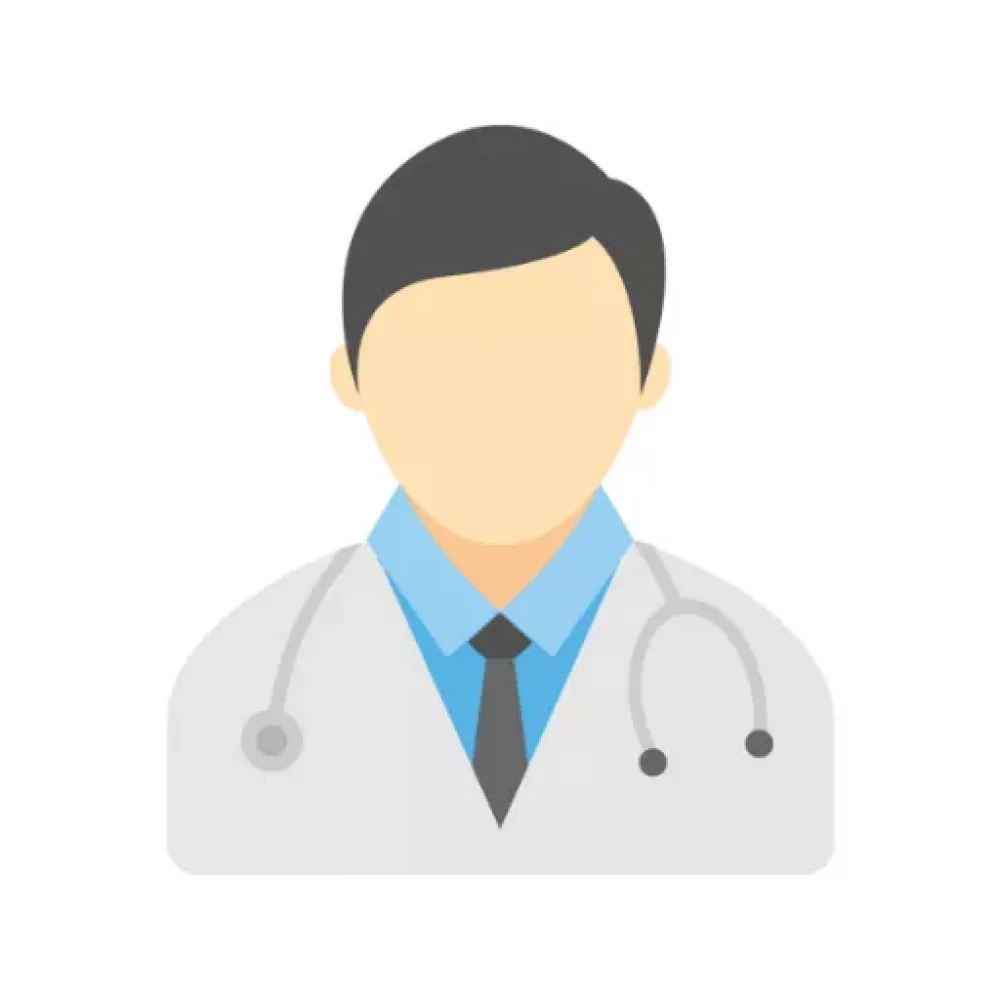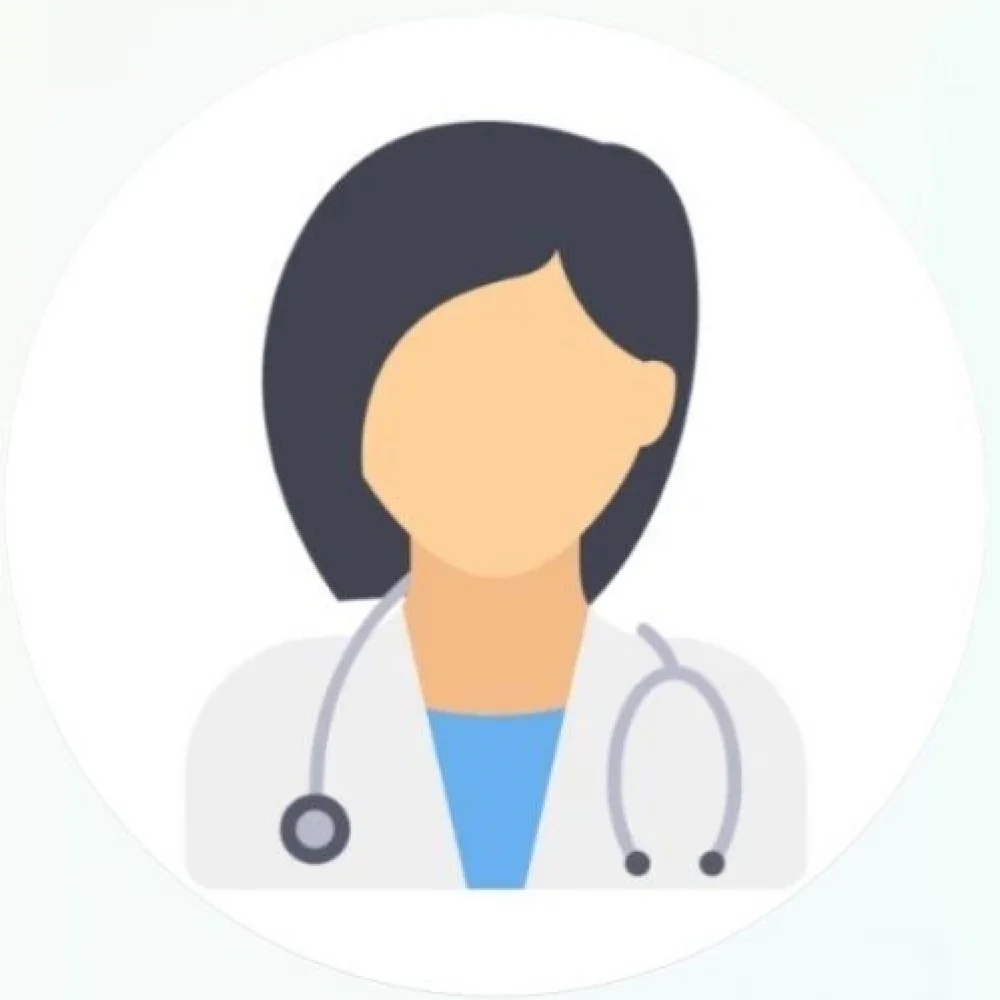Well Women Checkup is a comprehensive health examination designed to assess a woman’s overall health and detect potential risks specific to women. This checkup typically includes screenings, tests, and evaluations to address concerns such as reproductive health, hormonal balance, and common age-related conditions. It serves as a preventive measure, helping to catch any early signs of diseases like breast cancer, cervical cancer, and osteoporosis, which disproportionately affect women.
Regular well-women checkups, along with a Master Health Checkup, help identify conditions early, reducing risks and promoting proactive health management, enabling women to lead healthier, more fulfilling lives with timely interventions.
Prenatal Care
Prenatal care is a crucial component of a well-women checkup for those who are expecting or planning to become pregnant. Early and consistent prenatal visits help monitor the health of both the mother and the developing baby. During these visits, healthcare providers track vital signs, test for gestational diabetes, and monitor fetal growth and development. Prenatal care also includes counseling on nutrition, exercise, and lifestyle changes to ensure a healthy pregnancy. This care is important not just for the mother but also for the child, as it helps in identifying any potential risks early on.
- Routine Blood Tests: Helps check for anemia, infections, and gestational diabetes.
- Ultrasound Scans: Ensures proper fetal development and monitors for potential complications.
- Nutritional Counseling: Provides guidance to support both maternal and fetal health.
By attending regular prenatal checkups, women can address any concerns promptly, leading to a safer and more comfortable pregnancy experience.
Breast Screening
Breast screening is one of the most vital components of a well-women checkup, focusing on the early detection of breast cancer, a disease that affects millions of women worldwide. Regular screenings, such as mammograms or ultrasound, are recommended, particularly for women over the age of 40 or those with a family history of breast cancer. Breast exams, both self-conducted and clinical, help women detect any lumps, changes in tissue, or other signs of potential issues. Early detection of breast cancer increases the chances of successful treatment, making regular breast screening an essential part of women’s healthcare.
- Mammograms: The most effective tool for detecting early signs of breast cancer.
- Clinical Breast Exams: Conducted by a healthcare provider to catch changes that might be missed in self-exams.
- Self-Breast Exams: Empower women to monitor for abnormalities in between professional screenings.
By staying proactive about breast health, women can detect abnormalities early, enabling timely treatment and improved outcomes.
Hormonal Health
Hormonal health is an integral aspect of a woman’s well-being, affecting everything from menstrual cycles to mood, energy levels, and reproductive health. A well-women checkup often includes blood tests to check for hormonal imbalances that could signal underlying issues such as thyroid problems, polycystic ovary syndrome (PCOS), or menopause-related changes. Hormonal imbalances can lead to a wide range of symptoms, including weight gain, fatigue, and irritability, and may be indicative of more serious conditions if left untreated. Addressing hormonal imbalances early ensures that women can maintain a healthy, balanced lifestyle and manage symptoms effectively.
- Blood Tests: Assess thyroid function, estrogen, progesterone, and other hormones involved in reproductive health.
- Hormonal Treatments: May be recommended to address imbalances, including medications or lifestyle changes.
- Monitoring Hormone Levels: Helps manage conditions like PCOS or fibroids, which may affect fertility.
By staying informed and addressing hormonal issues, women can maintain better health, minimize symptoms, and support their reproductive health well into their later years.
Osteoporosis Check
Osteoporosis is a silent condition that weakens bones, making them more fragile and prone to fractures. It is especially common in women after menopause due to hormonal changes that impact bone density. A well-women checkup includes a bone density test to assess the risk of osteoporosis, particularly in postmenopausal women or those with risk factors like a family history of bone diseases. Early detection of osteoporosis allows women to take preventive measures, such as calcium and vitamin D supplementation, weight-bearing exercises, and medications to slow bone loss.
- Bone Density Scan (DEXA): Measures bone strength and helps predict fracture risk.
- Calcium and Vitamin D Supplements: Essential in maintaining bone health and preventing bone loss.
- Weight-Bearing Exercises: Regular exercises that can strengthen bones and reduce the risk of fractures.
Early detection of osteoporosis can significantly improve a woman’s quality of life by preventing fractures and maintaining mobility.
Menopause Management
Menopause marks a significant change in a woman’s life, often bringing about physical, emotional, and hormonal shifts. Symptoms such as hot flashes, night sweats, and mood swings can be difficult to manage without the right support. A well-women checkup often includes counseling and treatment options to help manage these symptoms. Hormone replacement therapy (HRT), lifestyle changes, and alternative therapies may be recommended depending on the severity of symptoms. Regular menopause management during well-women checkups ensures that women can transition smoothly through this life stage, maintaining their overall health and well-being.
- Hormone Replacement Therapy (HRT): May be prescribed to balance hormone levels and alleviate symptoms like hot flashes.
- Lifestyle Changes: Including diet and exercise, to mitigate symptoms and enhance overall health.
- Counseling and Emotional Support: Vital to managing mental health during menopause.
With proper management and guidance, women can navigate the changes associated with menopause and continue living fulfilling, healthy lives.
Conclusion
A well-women checkup is an essential tool for maintaining women’s health, preventing disease, and addressing concerns before they develop into more serious issues. This comprehensive health checkup covers a wide range of areas, from prenatal care to menopause management, ensuring women of all ages receive the necessary attention for a healthy life. Regular screenings and assessments such as breast exams, hormonal health checks, and osteoporosis evaluations are vital for early detection, leading to better treatment outcomes. At Prime Indian Hospital, we prioritize women’s health by offering thorough and personalized checkups, providing peace of mind and proactive care for all women. A well-women checkup is an important step in maintaining a long, healthy, and fulfilling life.














